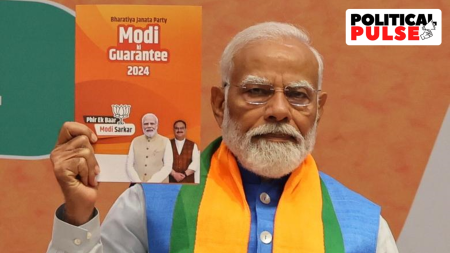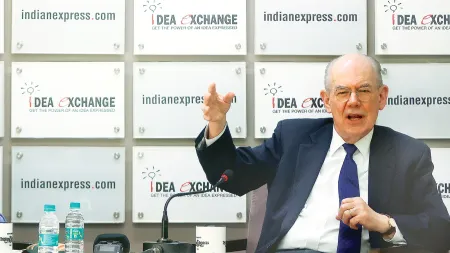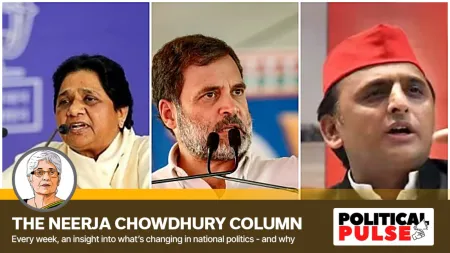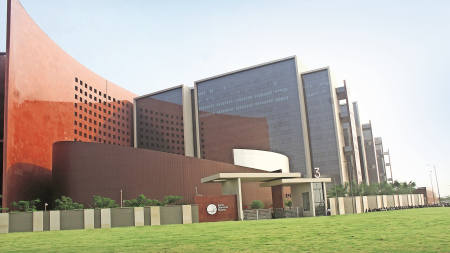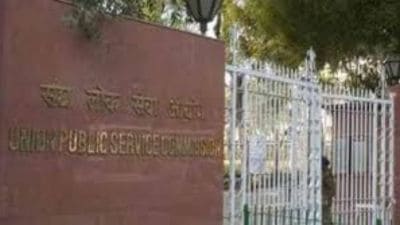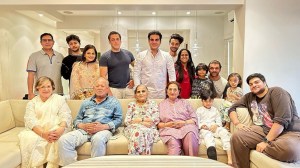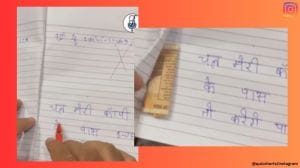- India
- International
In equal measure
Parity in political representation for women will help bring bigger, deeper change.
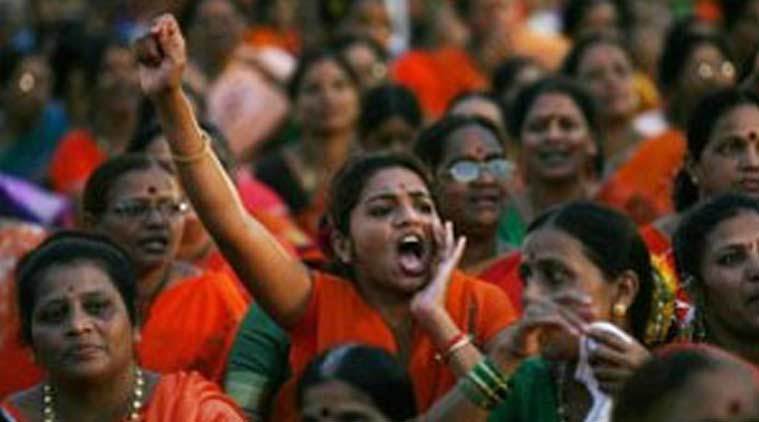 Following the decisions by Navin Patnaik and Mamata Banerjee, if we find political parties competing to ensure that women get an equal stake in politics, it will serve the political discourse of the country, which is now caught up in daily allegations and name calling.
Following the decisions by Navin Patnaik and Mamata Banerjee, if we find political parties competing to ensure that women get an equal stake in politics, it will serve the political discourse of the country, which is now caught up in daily allegations and name calling.
Sometime in late 2016, following a controversy over the alleged use of “cow meat” by biryani sellers in Doha village, Haryana, a group of village elders gathered in Haji Shah’s courtyard around noon. Journalists who had come down from the national capital began asking them questions, and soon, a heated argument broke out between members of the Meo-Muslim community and the Qureshis, who were being blamed for selling the biryani.
Rubiya, in her 20s, stood in one corner, watching the men quibble. A dupatta covering her head, she finally spoke softly. “The biryani sellers are all children between 16-17 years of age. They need education and jobs. They sell biryani because they have nothing else to do,” she said. With just that, Rubiya, mother of two and the sarpanch of Doha village, gave the men in that courtyard some food for thought. They calmed down and the discussion changed to the need for jobs and education for the village youth.
In reality, it was her father-in-law, Shah, who was considered “sarpanch” by most villagers. However, Rubiya’s position as the head of the village gave her the agency to raise issues that mattered to the community, and to the hundreds of women in Doha village like her.
In this context, Odisha Chief Minister Naveen Patnaik’s decision to field 33 per cent women in the Lok Sabha elections, and West Bengal Chief Minister Mamata Banerjee’s allocation of 41 per cent of the TMC poll tickets to women, assume significance — measures that will help create women politicians who can represent the aspirations of 49 per cent of India’s voters.
It may well be that eight out of ten times Rubiya’s voice gets drowned out by the men in the panchayat. But, for the sake of even those two occasions, when her decisions could bring about a small change on the ground, it is important for the government to ensure a higher level of political engagement by women. These are the small changes that will add up to a bigger transformation.

In Bhusli village, Haryana, where several women form the farming workforce, sarpanch Kusum Lata explains why farmers burn stubble: “We can get the harvester to cut the stubble, but it still leaves a 60-cm high stubble.” She also states why many women cannot help with cutting the stubble manually: “It is very time consuming. We have our home and children to look after too.” As a woman leader, Lata eventually urged the government to find solutions keeping in mind the many other responsibilities that farmers, especially women, had in her village. Through her demand, she became the voice of thousands of women in Haryana who worked tirelessly in their homes and fields.
Following the decisions by Patnaik and Banerjee, if we find political parties competing to ensure that women get an equal stake in politics, it will serve the political discourse of the country, which is now caught up in daily allegations and name calling. In June 2018, in Umaria district, Madhya Pradesh, Bhawna Devi, a former sarpanch in her 30s recalled to this reporter her fear of failure on being elected the village head. Subsequently, she did very well. Her most significant contribution was the drive to encourage women to use sanitary napkins instead of cloth and straw during menstruation. In rural Madhya Pradesh, which fares the worst in the country in menstrual health, this was a major step.
Political parties have often cited “winnability” as an excuse to avoid fielding more women candidates. Some women may fail, or like Devi, fear failure. But to use this as an argument is akin to those discouraging women from taking up driving as a profession, or those who dismiss women reporters from more “challenging” beats such as politics, or even the misconception that women would struggle to succeed in the STEM sectors.
Why shouldn’t women be allowed to fail, to make mistakes, and then be given the opportunity to prove their worth again, just like men? It is through the sheer rigour of their work, by getting the opportunity to be in the political fray, that Lata and Rubiya have become role models for many women, especially in rural spaces where there are none. And we need more like them.
In the past five years, many of the central government’s schemes have been targeted at women: The drive to end open defecation under Swachh Bharat, Ujjwala scheme, Beti Bachao Beti Padhao. But any legislation put together by a group of men, with only a handful of women involved in shaping its contours, can never fully capture the aspirations of the women on the ground. Equal political representation is the first step in addressing the concerns of both genders.
ankita.johri@expressindia.com
40 Years Ago
EXPRESS OPINION
More Explained
Apr 16: Latest News
- 01
- 02
- 03
- 04
- 05




